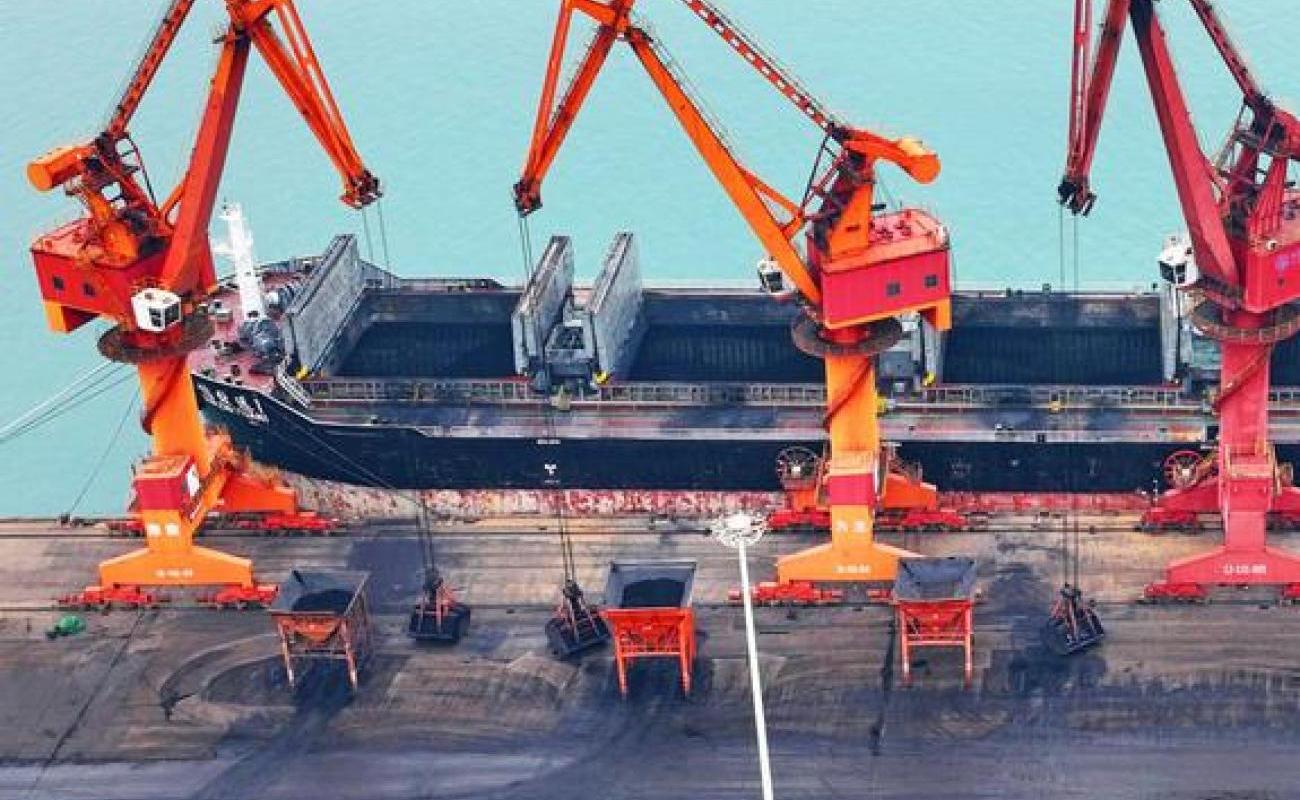European investors give China the cold shoulder

Following street protests in late November, Chinese authorities dismantled most lockdown and testing restrictions, and from this month visitors to China will no longer need to endure arduous quarantines.
It is perhaps good news that Beijing is moving away from its zero-COVID policies but "the die is already cast" on decoupling from China and diversifying supply chains, according to Chris Humphrey, executive director of the EU-ASEAN Business Council, which represents European businesses in Southeast Asia.
"Southeast Asia has been seeing the benefit of this with increased inflows of foreign direct investment, and I do not see the recent moves by China changing that trend," he added. "For many businesses, China is now being run as a discreet market, whereas Southeast Asia is being seen as a part of a larger global or Asian operation."
EU member states invested around US$26.5 billion (€25.14 billion) in the 10 countries of the Association of Southeast Asian Nations (ASEAN) bloc in 2021, the largest yearly rate on record and about 14% of overall investment in the region, according to ASEAN data. That compares to $18.5 billion in 2020 and $6.1 billion in 2019.
At the first full summit between the EU and ASEAN leaders last month in Brussels, European Commission President Ursula von der Leyen pledged to invest €10 billion into the region from the EU's Global Gateway strategy, a counterweight to China's Belt and Road project.
Deteriorating EU-China relations
While European investment in China hasn't dried up in recent years, analysts say that the political dynamics have fundamentally shifted.
Tensions between the EU and Beijing significantly worsened in 2021 over a host of issues, not least after the EU sanctioned several Chinese officials over alleged human rights abuses against the Uyghur minority in the northwestern Xinjiang region, to which Beijing responded by sanctioning several European politicians.
That effectively killed off the EU-China Comprehensive Agreement on Investment that had been inked in late 2020. It doesn't look likely to thaw anytime soon.
China has become "less predictable, less reliable and less efficient," according to a report published in September by the European Union Chamber of Commerce in China.
And decoupling isn't just a one-way street. Xu Chengwei of Nanyang Technological University points out that China is also decoupling from the West.
Shifting trends
Beijing's strict coronavirus restrictions were a principal reason for investor hesitancy over Chinese markets. And even though China is quickly loosening its rules, there are fears the authorities could either make a U-turn or coronavirus fatalities could spike. Recent data modeling by The Economist has forecast as many as 1.5 million deaths from COVID by March.
Another concern is the US-China rivalry. The US could impose further sanctions on China, potentially wide-ranging ones, which Europeans may have to comply with, said Frederick Kliem, a research fellow and lecturer at the S Rajaratnam School of International Studies in Singapore.
"This affects mostly companies that have the upstream part of their value chain in China and a global downstream. Many German companies that are potentially affected by this are already in the process of adjusting to this contingency," he told DW.
A study published by Rhodium Group in September found that European investment in China is increasingly concentrated around a handful of large, mostly German firms.
Germany's three big automakers — Volkswagen, BMW and Daimler — and its chemicals group BASF accounted for a third of all European investment into China between 2018 and 2021, the report found.
The top ten European investors accounted for 71% of all investment in China in 2021, and a whopping 88% in 2019. And the value of European acquisitions in China hit a four-year low in 2021.
"Since the outbreak of the pandemic in early 2020 … stakeholders on the ground say that virtually no European investors that were not already present in the country have made direct investments," the report noted.
Even as coronavirus restrictions are lifted, it is possible, "perhaps even probable, that the concentration of European investment in China around a small number of well-established European firms whose presence is welcomed by the Chinese authorities becomes more entrenched," it added.
